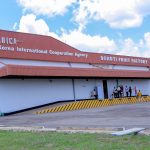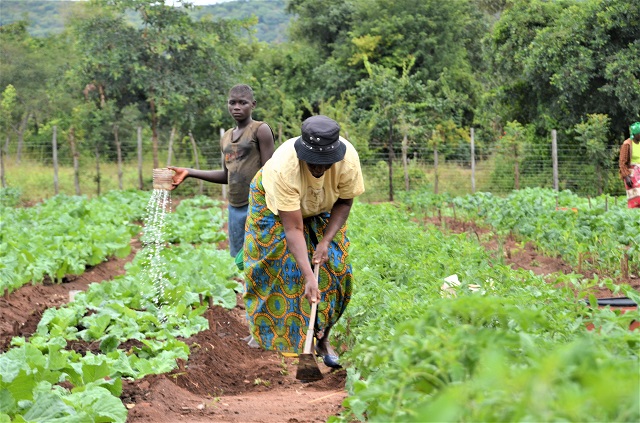In the spotlight for forest impact
Oil palm growers have come under scrutiny for their role in deforestation, prompting environmentalists to raise concerns about the declining forest cover in areas occupied by oil palm plantations. The oil palm project, initiated nearly two decades ago in Kalangala and subsequently extended to other districts, including Buvuma, Mukono, Masaka, Kyotera, and Mayuge, is currently the focus of attention.
Mr. David Kyeyune, the country manager for Solidaridad, revealed plans to provide training for 650 unit leaders in sustainable palm oil management practices, climate-conscious agriculture, carbon farming, and trade. He emphasized the integration of agroforestry practices into oil palm production.
Buffer Zones and Environmental Protection
Mr. Robert Aguma, the environment health and safety manager at the National Oil Palm Project (NOPP), highlighted the issue of oil palm farmers planting in buffer zones, particularly in Kalangala, which has led to significant environmental degradation. Buffer zones are designated areas for environmental protection, and according to the National Environment Management (Nema), any human activities within the 200-meter buffer zone require clearance from Nema.
Mr. Aguma explained that water levels have risen, and the original lowest water marks of Lake Victoria are no longer visible. As a response, the government has initiated a sensitization campaign in Kalangala District to guide farmers in buffer zones on proper management practices.
Sustainable Buffer Zone Use
In the future, Mr. Aguma emphasized the importance of sensitizing oil palm farmers on the sustainable use of buffer zones to prevent adverse effects on the water quality of Lake Victoria. Additionally, the practice of applying fertilizers within the 200-meter zone is set to be discontinued.
Efforts to Protect Forest Reserves
In Buvuma, the National Forestry Authority is collaborating with locals to define boundaries and mark central forest reserves. In areas where oil palm trees have already been planted, like Kalangala, farmers are being advised to uproot them and replant in other areas.
Solidaridad’s Role in Environmental Protection
To enforce standards and protect the environment effectively, the government has enlisted the services of Solidaridad East & Central Africa, an international network organization working in over 40 countries with seven regional offices on five continents. The ultimate goal is to establish a modern oil palm industry that adheres to contemporary environmental and social standards.
Reluctance and Environmental Disregard
Kalangala District chairperson Rajab Ssemakula expressed concerns about farmers planting oil palm and rice within buffer zones, wetlands, and clearing forests in violation of environmental protocols. Many farmers have been reluctant to vacate buffer zones, frequently returning to plant new crops after only a brief hiatus.




















